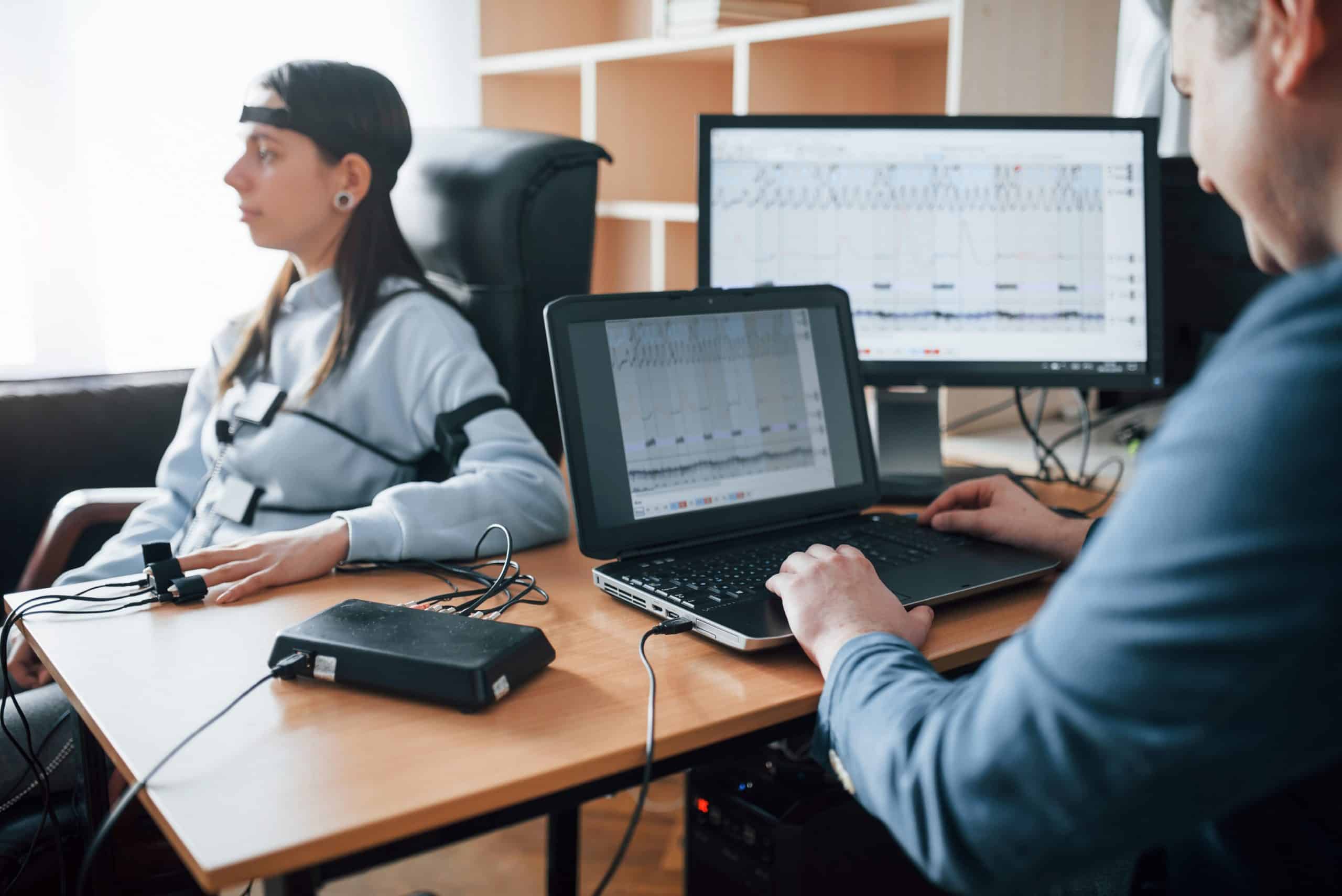Lie detection is an amazing area where science and psychology work together to find the truth. Often seen in films and TV programs, polygraph testing is a technique used to ascertain if someone is speaking the truth. However, how dependable is it? Can it identify falsehoods? Here at ” Polígrafo España,” we explore the psychology behind polygraph testing to better appreciate its advantages and constraints.
Polygraph Testing: The Psychological Foundation
The idea behind polygraph tests is that lying causes a bodily response that can be seen. Lying can make someone anxious or tense, which can change their heart rate, breathing, and other body functions. The machine keeps track of these differences, giving the reviewer information to figure out.
Polygraph testing’s accuracy level
The polygraph test accuracy is a hotly contested issue. While some research points to a great degree of accuracy, others draw attention to important limits. The results could be different depending on how skilled the tester is, how good the tech is, and the person’s mental health. False positives—indicating someone is lying when they are not—and false negatives—failing to find a lie—have critics of polygraph testing claiming influence.

Things Affecting Polygraph Results
Many elements could affect the result of a polygraph test:
- The accuracy of the findings depends much on the knowledge and experience of the polygraph examiner.
- Subject’s State: The physical and psychological condition of the individual under test will determine their physiological reactions. The outcomes could be distorted by anxiety, fear, or even certain medical disorders.
- To guarantee correct measurements, the surroundings of the exam should be under control and clear of distractions.
The Function of Polygraph Testing Modern-Day
Even though it raises issues, polygraph tests are still used in law enforcement, crime cases, and job screening, among other places. It is seen as a useful tool when used with other investigation methods. Its limits should be known, though, and results alone shouldn’t be used to decide if something is true.
When it comes to spotting falsehoods, polygraph testing provides a window into the intricate interaction between physiology and psychology. Though it has virtues, it is not perfect. Knowing the elements influencing its correctness will enable us to use it more sensibly and ethically. Here at ” Polígrafo España,” we want to impart an understanding of the science behind testing so that you may decide on its dependability and usage with knowledge.
















+ There are no comments
Add yours